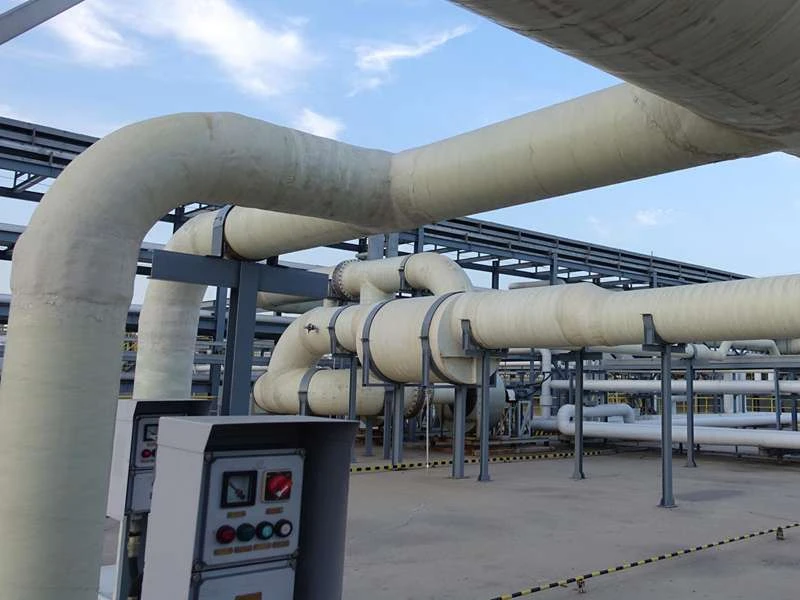
-
 Afrikaans
Afrikaans -
 Albanian
Albanian -
 Amharic
Amharic -
 Arabic
Arabic -
 Armenian
Armenian -
 Azerbaijani
Azerbaijani -
 Basque
Basque -
 Belarusian
Belarusian -
 Bengali
Bengali -
 Bosnian
Bosnian -
 Bulgarian
Bulgarian -
 Catalan
Catalan -
 Cebuano
Cebuano -
 China
China -
 China (Taiwan)
China (Taiwan) -
 Corsican
Corsican -
 Croatian
Croatian -
 Czech
Czech -
 Danish
Danish -
 Dutch
Dutch -
 English
English -
 Esperanto
Esperanto -
 Estonian
Estonian -
 Finnish
Finnish -
 French
French -
 Frisian
Frisian -
 Galician
Galician -
 Georgian
Georgian -
 German
German -
 Greek
Greek -
 Gujarati
Gujarati -
 Haitian Creole
Haitian Creole -
 hausa
hausa -
 hawaiian
hawaiian -
 Hebrew
Hebrew -
 Hindi
Hindi -
 Miao
Miao -
 Hungarian
Hungarian -
 Icelandic
Icelandic -
 igbo
igbo -
 Indonesian
Indonesian -
 irish
irish -
 Italian
Italian -
 Japanese
Japanese -
 Javanese
Javanese -
 Kannada
Kannada -
 kazakh
kazakh -
 Khmer
Khmer -
 Rwandese
Rwandese -
 Korean
Korean -
 Kurdish
Kurdish -
 Kyrgyz
Kyrgyz -
 Lao
Lao -
 Latin
Latin -
 Latvian
Latvian -
 Lithuanian
Lithuanian -
 Luxembourgish
Luxembourgish -
 Macedonian
Macedonian -
 Malgashi
Malgashi -
 Malay
Malay -
 Malayalam
Malayalam -
 Maltese
Maltese -
 Maori
Maori -
 Marathi
Marathi -
 Mongolian
Mongolian -
 Myanmar
Myanmar -
 Nepali
Nepali -
 Norwegian
Norwegian -
 Norwegian
Norwegian -
 Occitan
Occitan -
 Pashto
Pashto -
 Persian
Persian -
 Polish
Polish -
 Portuguese
Portuguese -
 Punjabi
Punjabi -
 Romanian
Romanian -
 Russian
Russian -
 Samoan
Samoan -
 Scottish Gaelic
Scottish Gaelic -
 Serbian
Serbian -
 Sesotho
Sesotho -
 Shona
Shona -
 Sindhi
Sindhi -
 Sinhala
Sinhala -
 Slovak
Slovak -
 Slovenian
Slovenian -
 Somali
Somali -
 Spanish
Spanish -
 Sundanese
Sundanese -
 Swahili
Swahili -
 Swedish
Swedish -
 Tagalog
Tagalog -
 Tajik
Tajik -
 Tamil
Tamil -
 Tatar
Tatar -
 Telugu
Telugu -
 Thai
Thai -
 Turkish
Turkish -
 Turkmen
Turkmen -
 Ukrainian
Ukrainian -
 Urdu
Urdu -
 Uighur
Uighur -
 Uzbek
Uzbek -
 Vietnamese
Vietnamese -
 Welsh
Welsh -
 Bantu
Bantu -
 Yiddish
Yiddish -
 Yoruba
Yoruba -
 Zulu
Zulu
frp pipes and fittings for ship building
FRP Pipes and Fittings for Shipbuilding
In the maritime industry, the construction and maintenance of ships demand the use of materials that can withstand harsh environmental conditions while ensuring longevity and reliability. One such innovative material that has gained prominence in recent years is Fiber Reinforced Polymer (FRP). FRP pipes and fittings have become essential components in shipbuilding, revolutionizing how maritime structures are designed and constructed.
What is FRP?
Fiber Reinforced Polymer (FRP) composites are materials made from a polymer matrix reinforced with fibers, commonly glass, carbon, or aramid. These materials are known for their impressive strength-to-weight ratio, corrosion resistance, and versatility. The unique properties of FRP make it an ideal choice for various applications, including shipbuilding, where durability and performance are paramount.
Advantages of FRP Pipes and Fittings
1. Corrosion Resistance One of the most significant advantages of FRP is its excellent resistance to corrosion. Traditional materials such as steel and aluminum can corrode when exposed to seawater and other harsh elements, leading to expensive maintenance and replacement. FRP, on the other hand, is impervious to many chemicals and environmental stresses, making it an ideal choice for piping systems that transport corrosive substances, including fuels, oils, and wastewater.
2. Lightweight FRP is significantly lighter than traditional materials. This is particularly important in shipbuilding, where weight reduction can lead to improved fuel efficiency and increased cargo capacity. The lightweight nature of FRP allows shipbuilders to design more efficient and agile vessels without compromising structural integrity.
3. Ease of Installation The lightweight characteristic of FRP also translates to simpler and faster installation processes. FRP pipes and fittings can be easily transported and maneuvered on-site, reducing labor costs and project timelines. Additionally, FRP components can be seamlessly integrated into existing systems and designs, offering flexibility in shipbuilding projects.
frp pipes and fittings for ship building

4. Durability FRP materials exhibit high tensile strength and are resistant to mechanical damage. Ships often face extreme conditions at sea, including high pressures, impacts, and vibrations. The durability of FRP ensures that pipes and fittings can withstand these challenges over the vessel's operational life.
5. Low Maintenance Due to their corrosion resistance and durability, FRP pipes and fittings require minimal maintenance compared to traditional materials. This results in lower long-term operational costs, making them a financially prudent choice for shipbuilders and operators.
Applications in Shipbuilding
FRP pipes and fittings are employed in various applications within shipbuilding, including
- Fuel and Oil Storage Transporting and storing fuel and oil without the risk of leaks or corrosion-related failures. - Wastewater Systems Managing sewage and wastewater efficiently, preventing contamination and environmental hazards. - Cooling Systems Implementing cooling water systems for engines and machinery, where corrosion resistance is critical. - Fire Protection Providing reliable piping solutions for fire suppression systems that are resistant to high temperatures and chemical breakdown.
Future of FRP in Maritime Applications
As the maritime industry continues to embrace sustainable and innovative materials, the use of FRP is expected to grow. With ongoing advancements in manufacturing technologies and increased awareness of environmental issues, FRP is likely to play a pivotal role in the future of shipbuilding. The shift towards more efficient and environmentally friendly vessels aligns well with the properties of FRP, positioning it as a cornerstone material for tomorrow's shipping fleets.
In conclusion, FRP pipes and fittings offer a myriad of advantages for shipbuilding, making them an attractive option for modern maritime construction. Their corrosion resistance, lightweight nature, ease of installation, durability, and low maintenance requirements underscore their significance in creating resilient and efficient vessels capable of navigating the challenges of today's oceans. As the industry continues to evolve, FRP is set to become an integral part of maritime engineering solutions.









